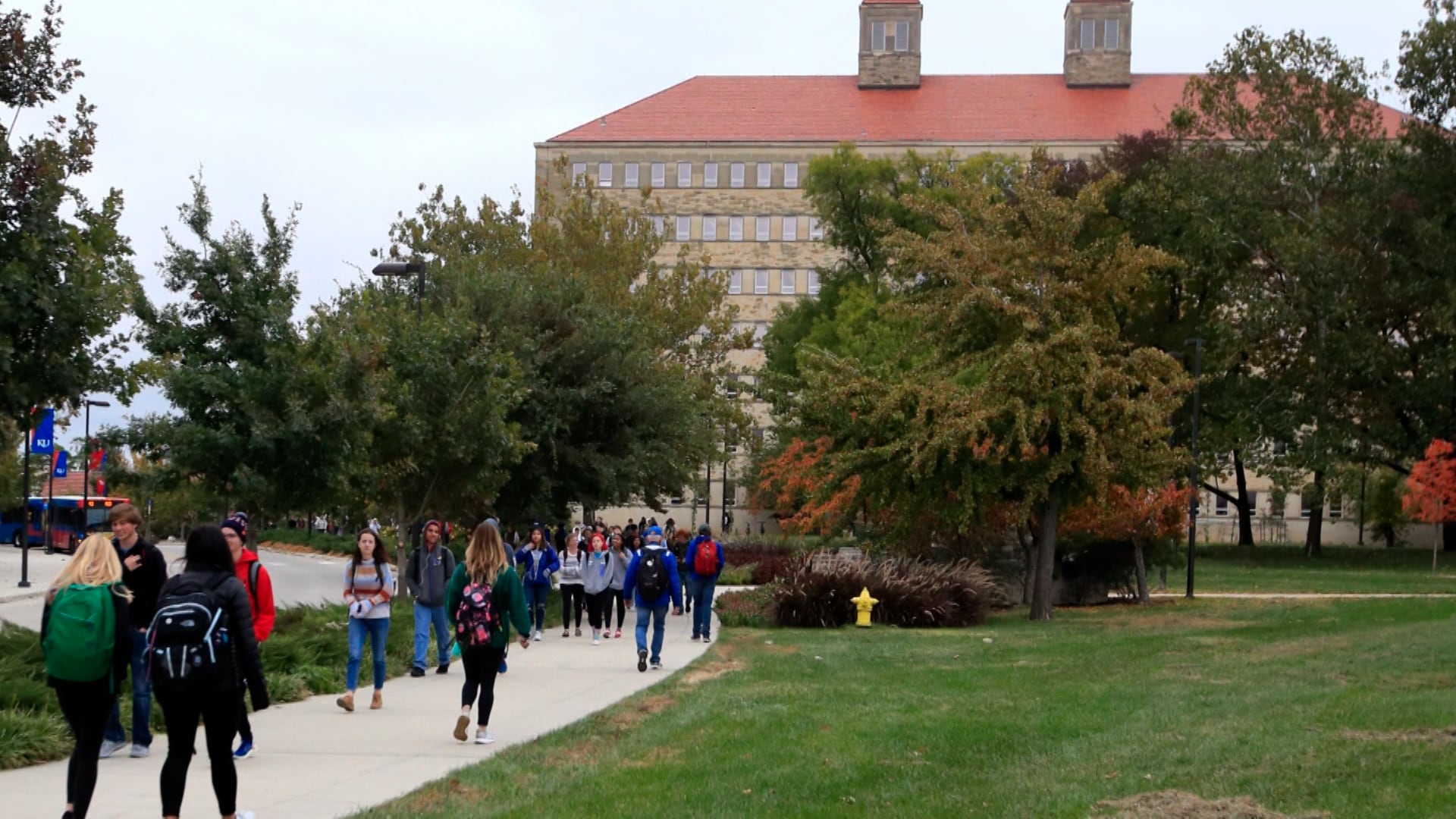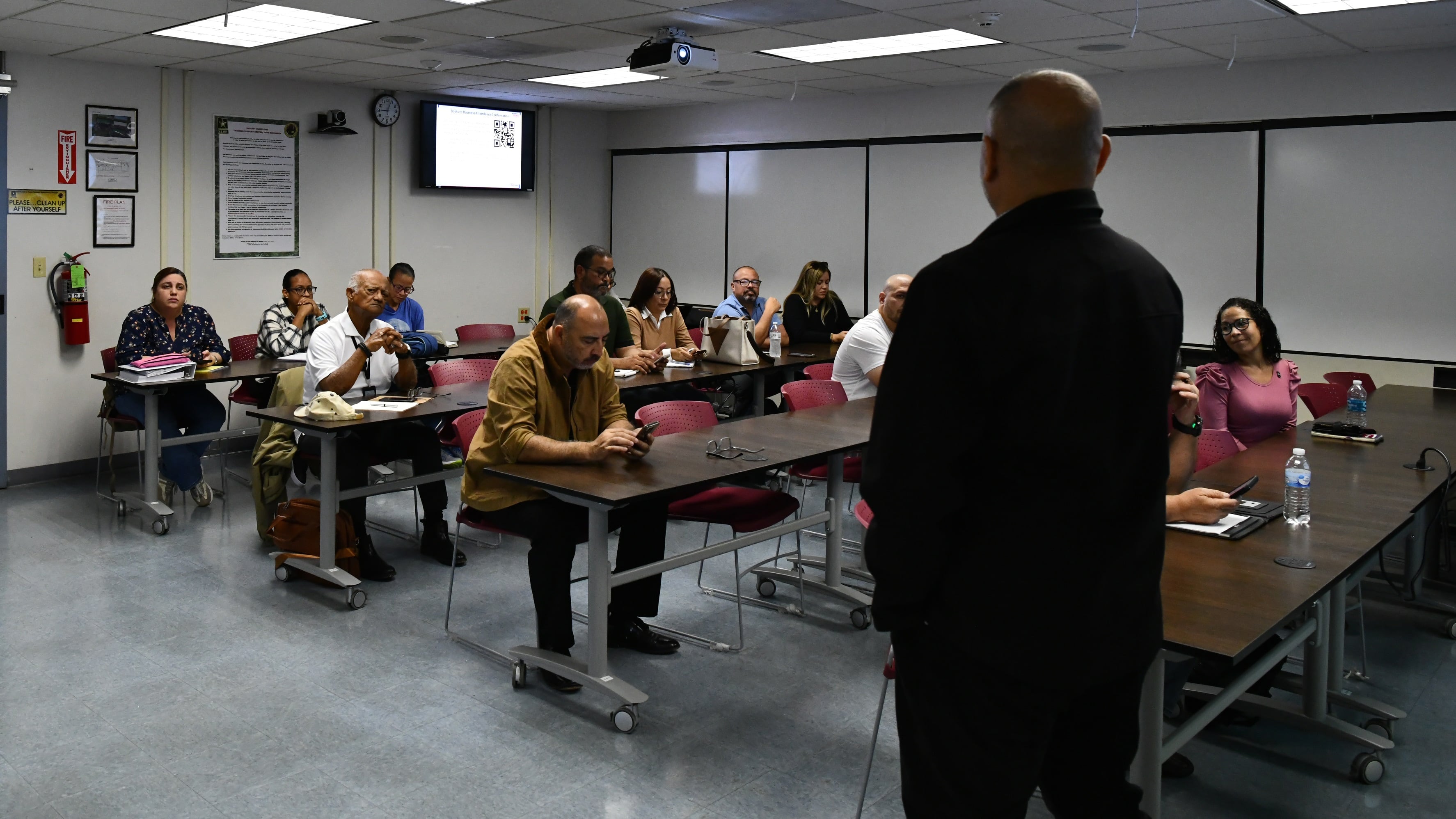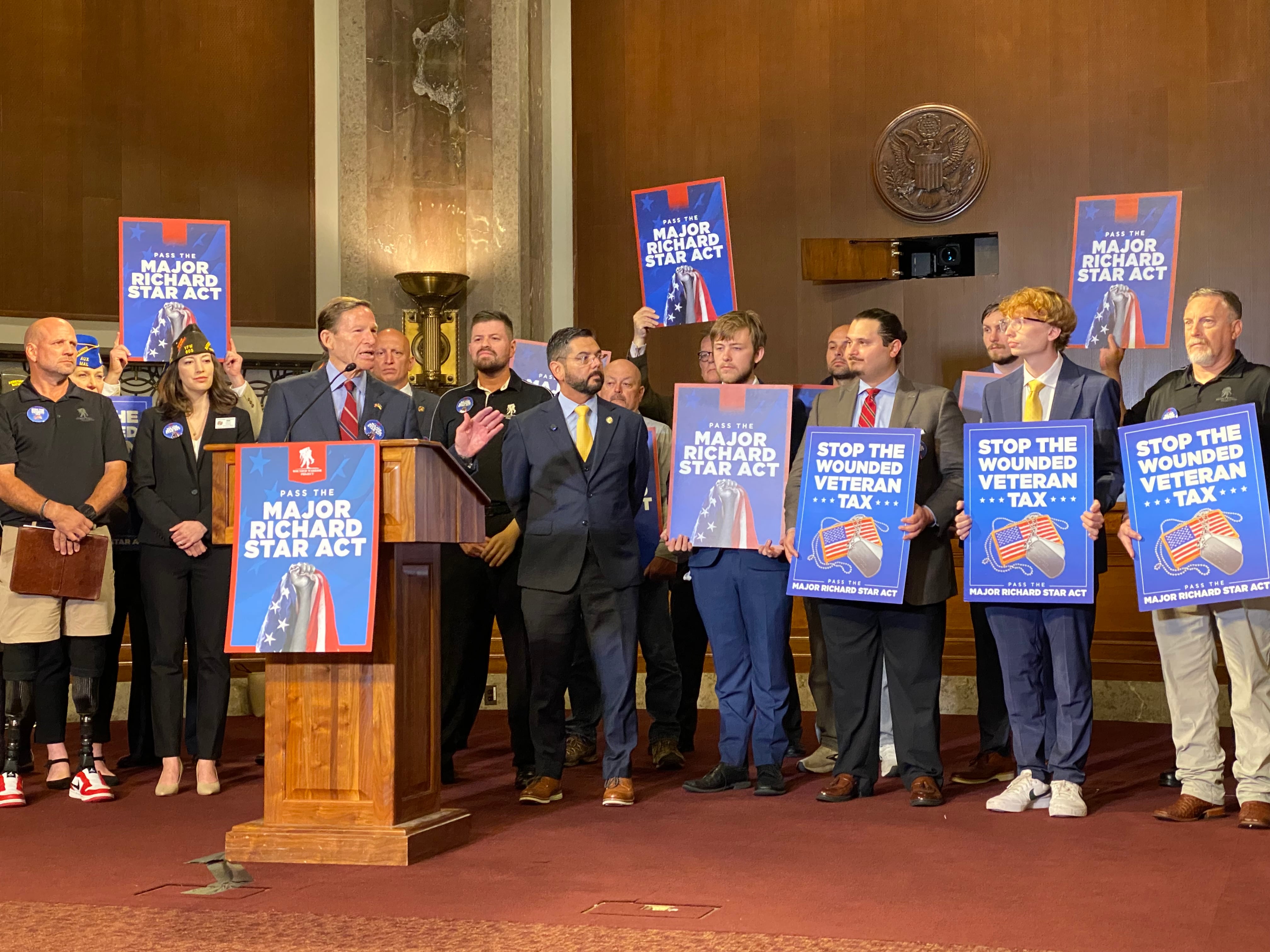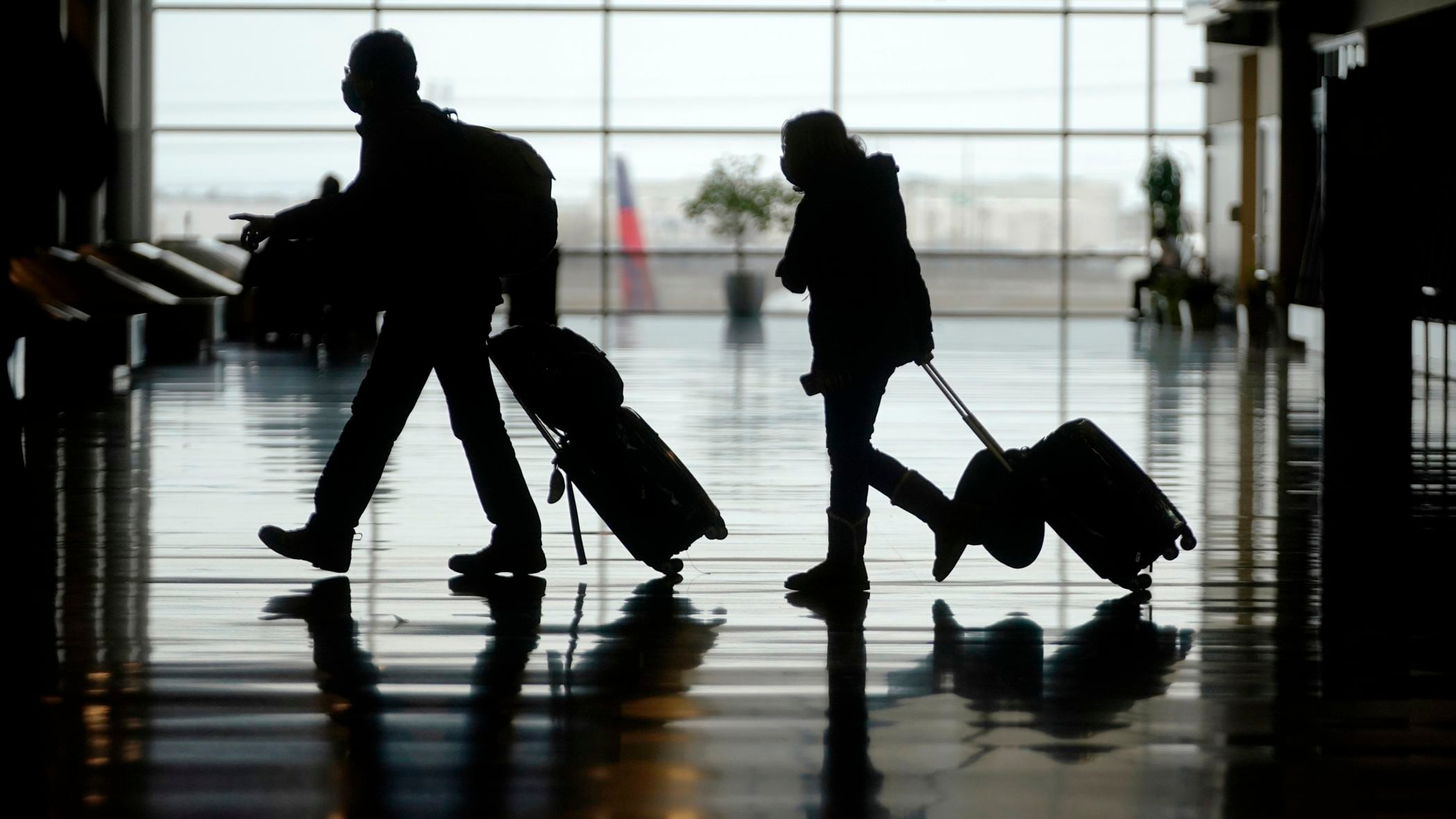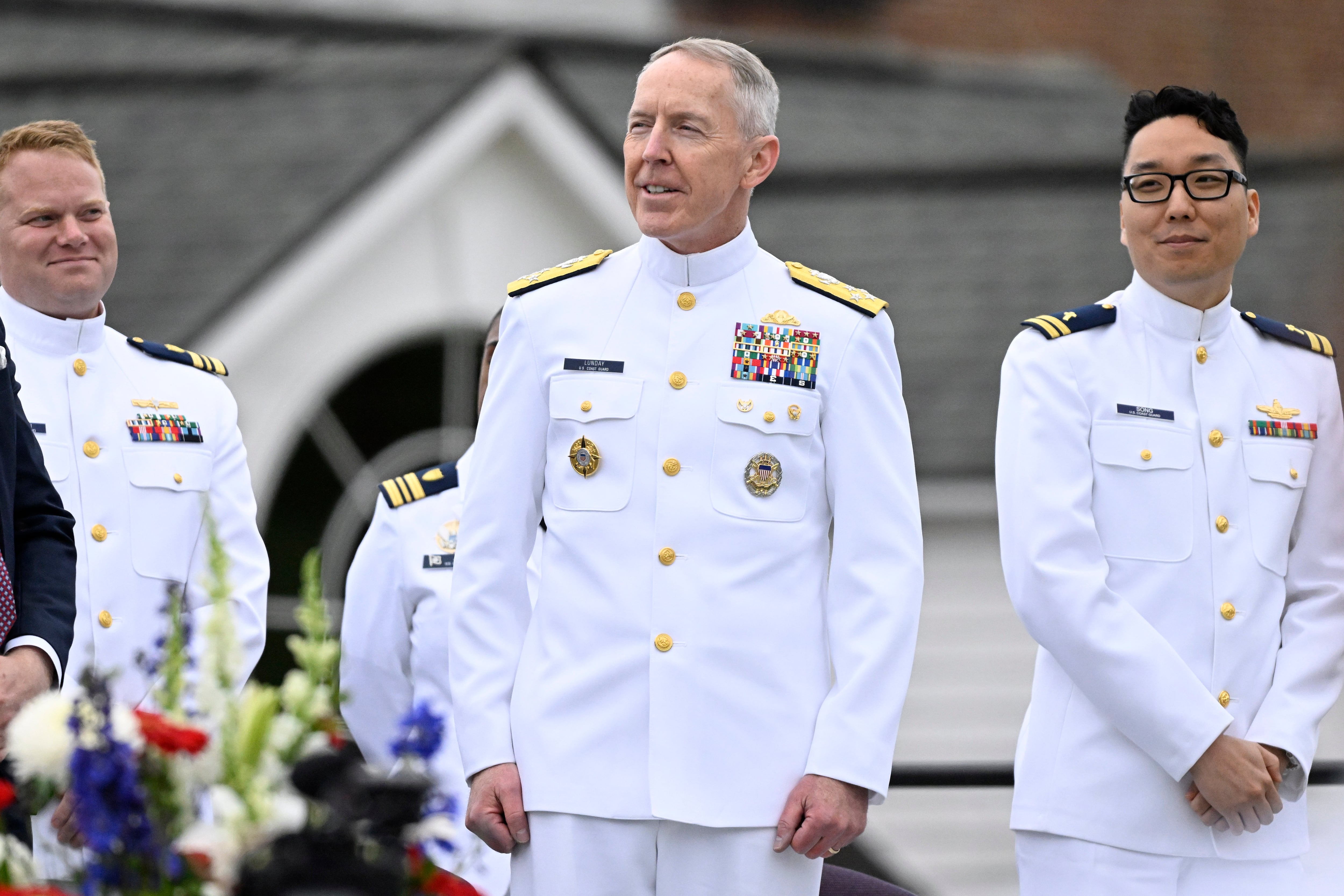The Air Force is adding 100 more full scholarships for students to attend historically Black colleges and universities, or HBCUs, through its Reserve Officer Training Corps program, the latest move in its efforts to improve diversity in the ranks.
In an Aug. 5 interview, Col. Jefferson DeBerry, the diversity and inclusion task force lead, said the Air Force is also adding 10 more Gold Bar recruiters in addition to the 30 already in place. Those 40 gold bar recruiters all are assigned to recruit a diverse force, DeBerry said, but the 10 new recruiters will specifically focus on ROTC programs at minority-serving institutions, including HBCUs and Hispanic-serving institutions.
The Air Force is also studying the possible effects of removing photos and other identifying information from the packets sent to promotion boards, as Defense Secretary Mark Esper has suggested, DeBerry said. Esper and other Pentagon officials have expressed concern that photos of promotion candidates — and possibly even their names or sex — could trigger unconscious bias in those sitting on the selection boards, and unintentionally hurt minority or female candidates.
After the death of George Floyd May 25 and the debate on racial equality that followed, both nationally and within the military, the Air Force has renewed its focus on removing barriers that unintentionally hinder minority airmen and increasing its diversity.
The Air Force has also revised regulations on dress and appearance that particularly affected minority airmen, allowed the use of accent marks on name tapes, and lengthened the shaving waivers for male airmen who have a skin condition that primarily affects Black men and causes painful razor bumps.
“This is tough work,” DeBerry said. “We are on a journey to create a more inclusive culture, and our task force is leading the Air Force to ensure our policies and procedures are not creating unintended barriers or unfair practices so our people can achieve their full potential.”
Esper first floated the possibility of removing photos from promotion packets in a June memo, and then in July ordered services to follow the Army’s lead and take them out. In a livestreamed town hall in July, Esper said he is also considering the removal of candidates’ names and sex as well.
RELATED
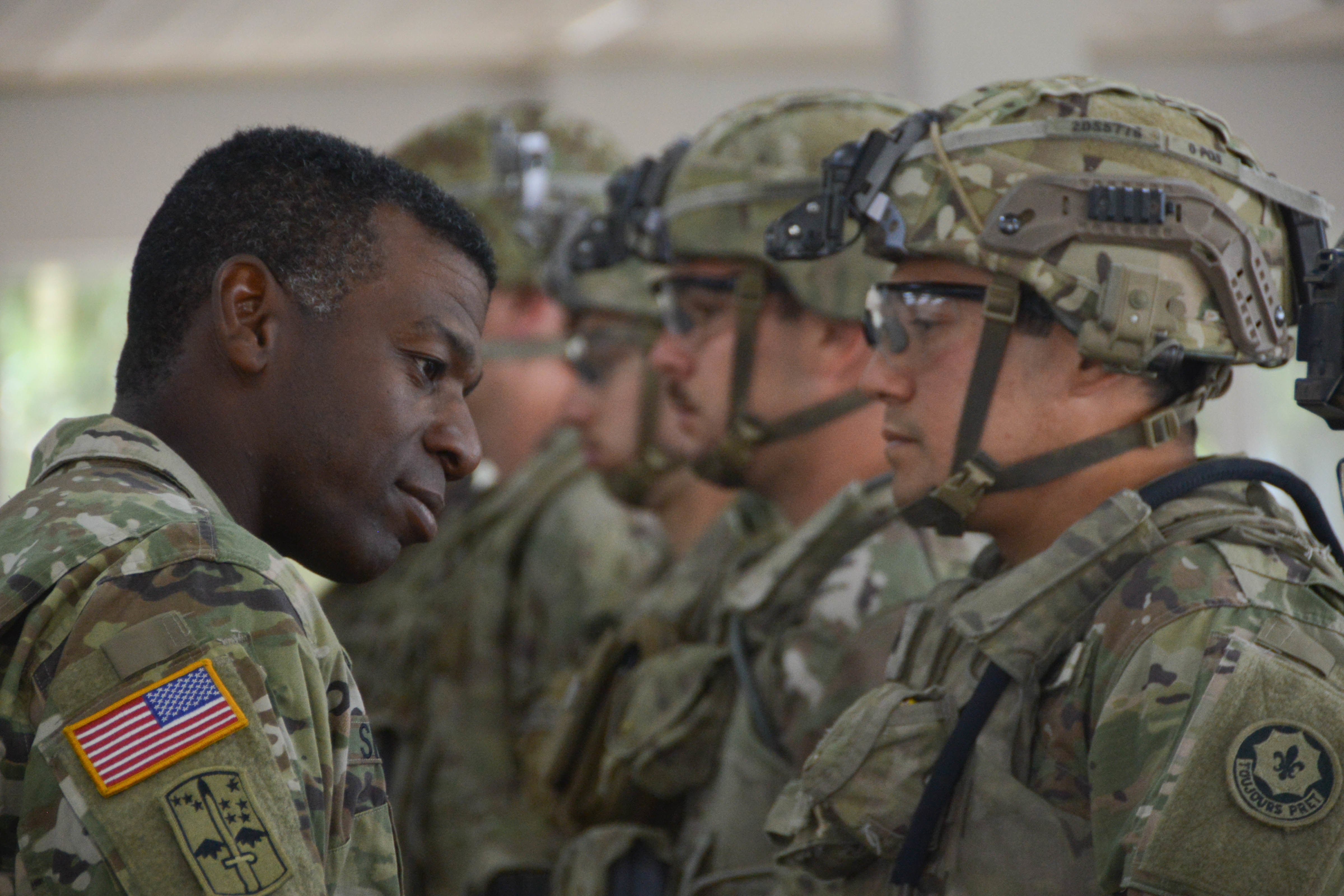
No decision has been made on masking all information in boards to decide promotions and command opportunities, DeBerry said, and isn’t likely until next year. But right now, the Air Force is studying what such a change could mean for promotions, including by holding mock boards, he said.
Gold Bar recruiters are second lieutenants who recruit, and then support, high school and college students interested in applying for ROTC, the Air Force said. They serve as “niche” recruiters to focus on college-age applicants, as opposed to the regular recruiting force, which is mainly made up of enlisted airmen who recruit both new officers and enlisted.

Gold Bar recruiters are competitively selected from the ranks of officers who just graduated from college and Air Force ROTC, so they are the closest to the age and demographics of those whom the Air Force is trying to recruit and can talk about their recent experiences.
DeBerry said former Chief of Staff Gen. Dave Goldfein pushed the Air Force to expand its scholarships in his last few weeks before he retired Aug. 6 to make sure the service would be ready to offer them to students interested in attending an HBCU through Air Force ROTC for the academic year about to begin.
“He said not next year, he wanted it now,” DeBerry said.
As of Monday, 72 students had received letters of acceptance to attend school through the scholarships, according to the Air Force. The service plans to offer these scholarships each year.
It’s important for the Air Force to recruit and retain airmen from a variety of ethnic and racial backgrounds so the force reflects the nation it serves, DeBerry said. Having a diverse force brings new perspectives, he said, and allows the military to solve problems and come up with new ways of doing things.
The 10 new Gold Bar recruiters will be assigned to detachments at:
* Tuskegee University in Tuskegee, Alabama;
* Howard University in Washington, D.C.;
* Georgia Tech in Atlanta, where they will also cover Spelman College, Morehouse College and Clark-Atlanta University in the same city;
* Tulane University in New Orleans, where they will also cover Xavier and Dillard universities in New Orleans and Southern University and A&M College in Baton Rouge, Louisiana;
* Jackson State University in Jackson, Mississippi;
* North Carolina Agricultural and Technical State University in Greensboro;
* University of South Carolina in Columbia;
* Tennessee State University in Nashville;
* New Mexico State University in Las Cruces; and
* University of Puerto Rico in San Juan.
Stephen Losey is the air warfare reporter for Defense News. He previously covered leadership and personnel issues at Air Force Times, and the Pentagon, special operations and air warfare at Military.com. He has traveled to the Middle East to cover U.S. Air Force operations.

